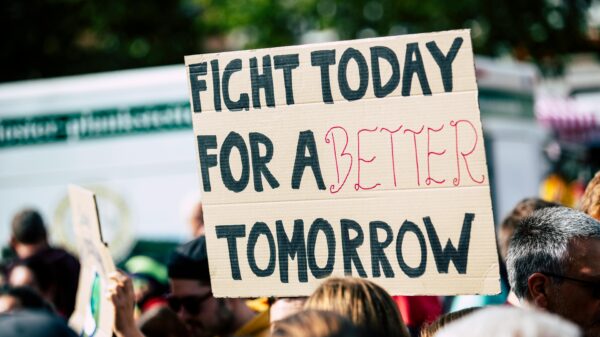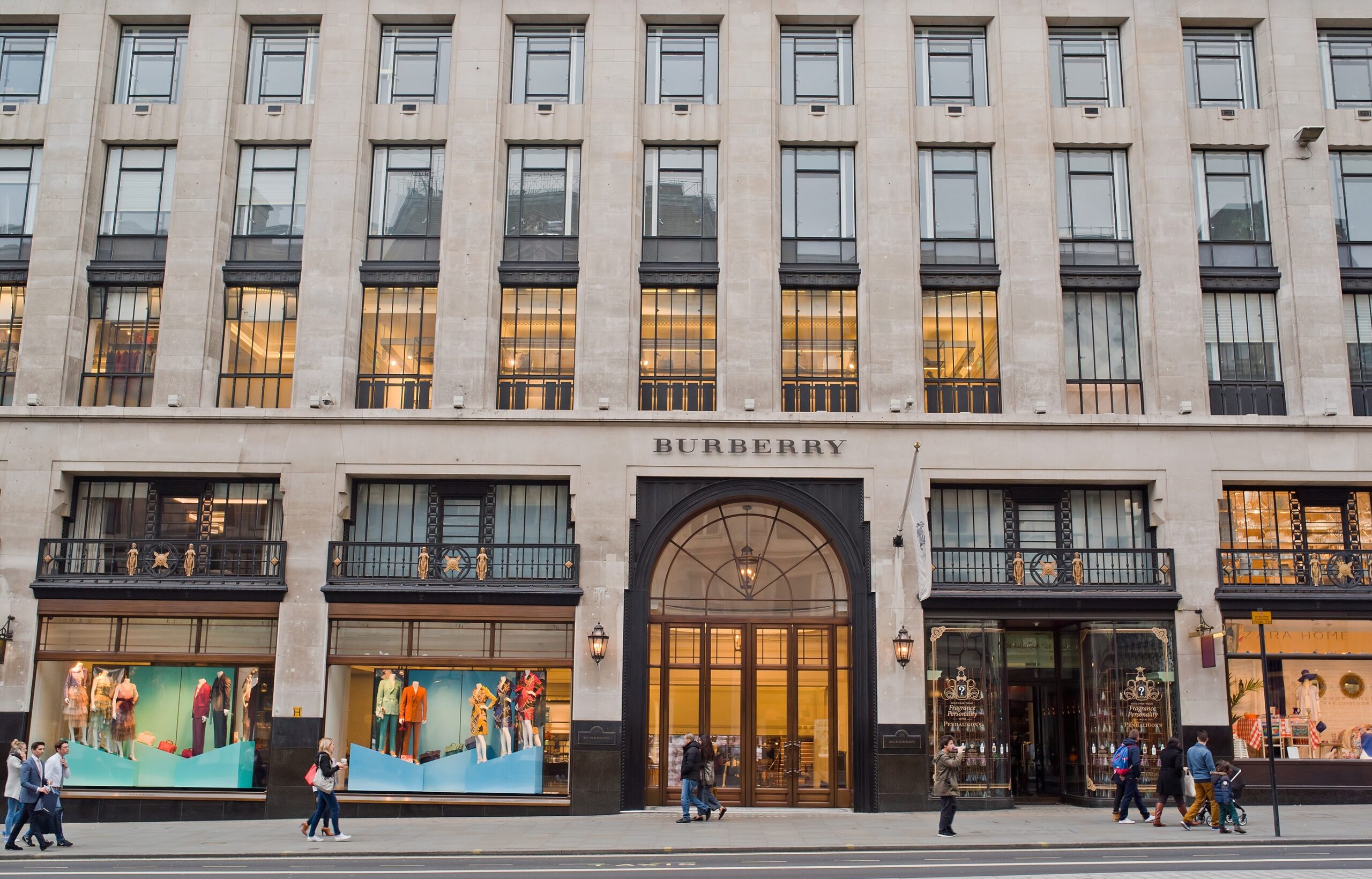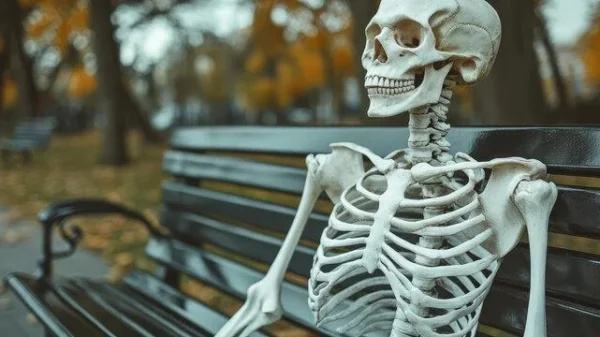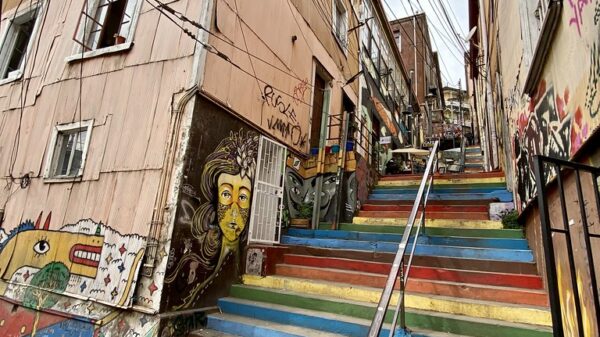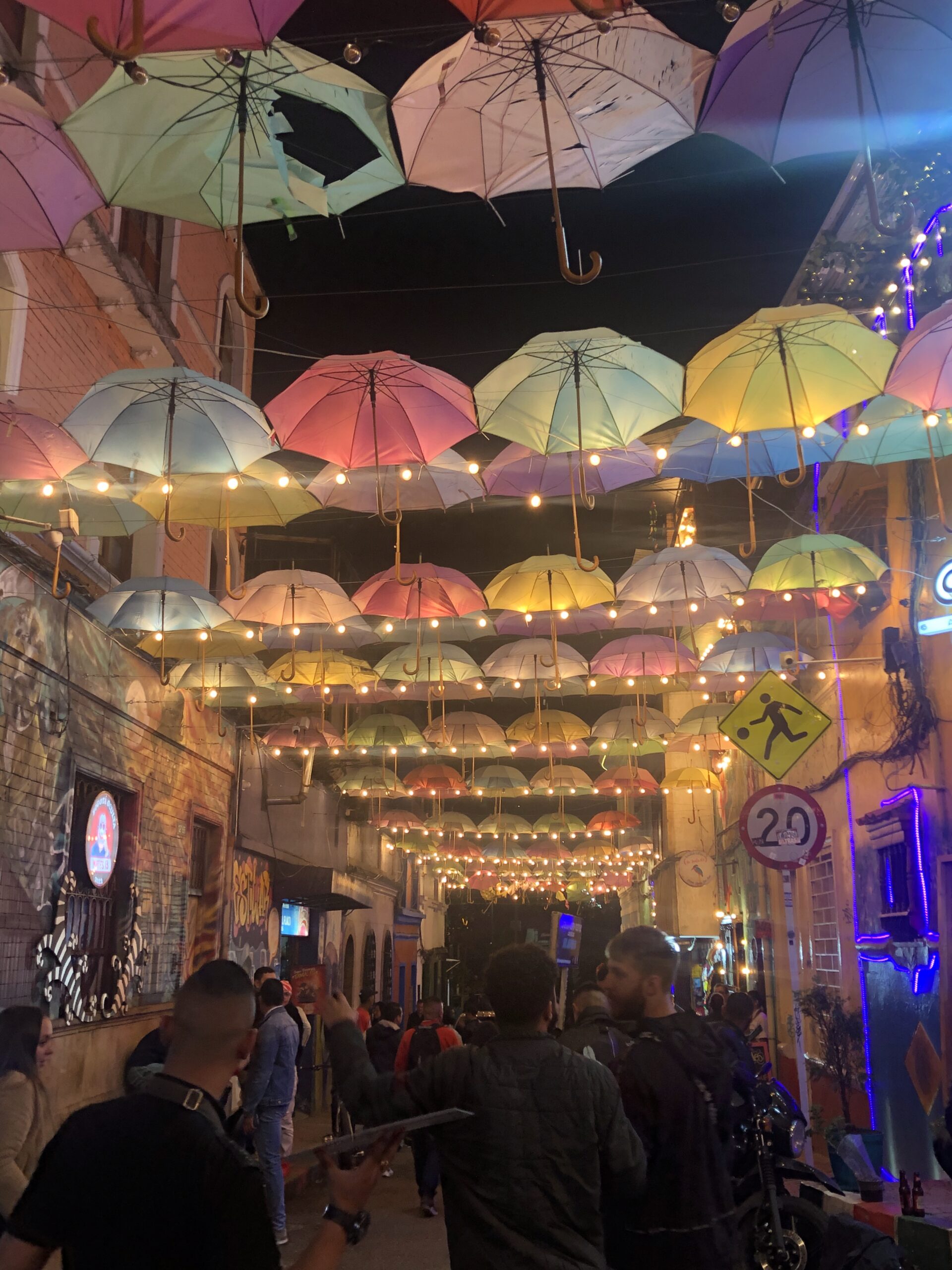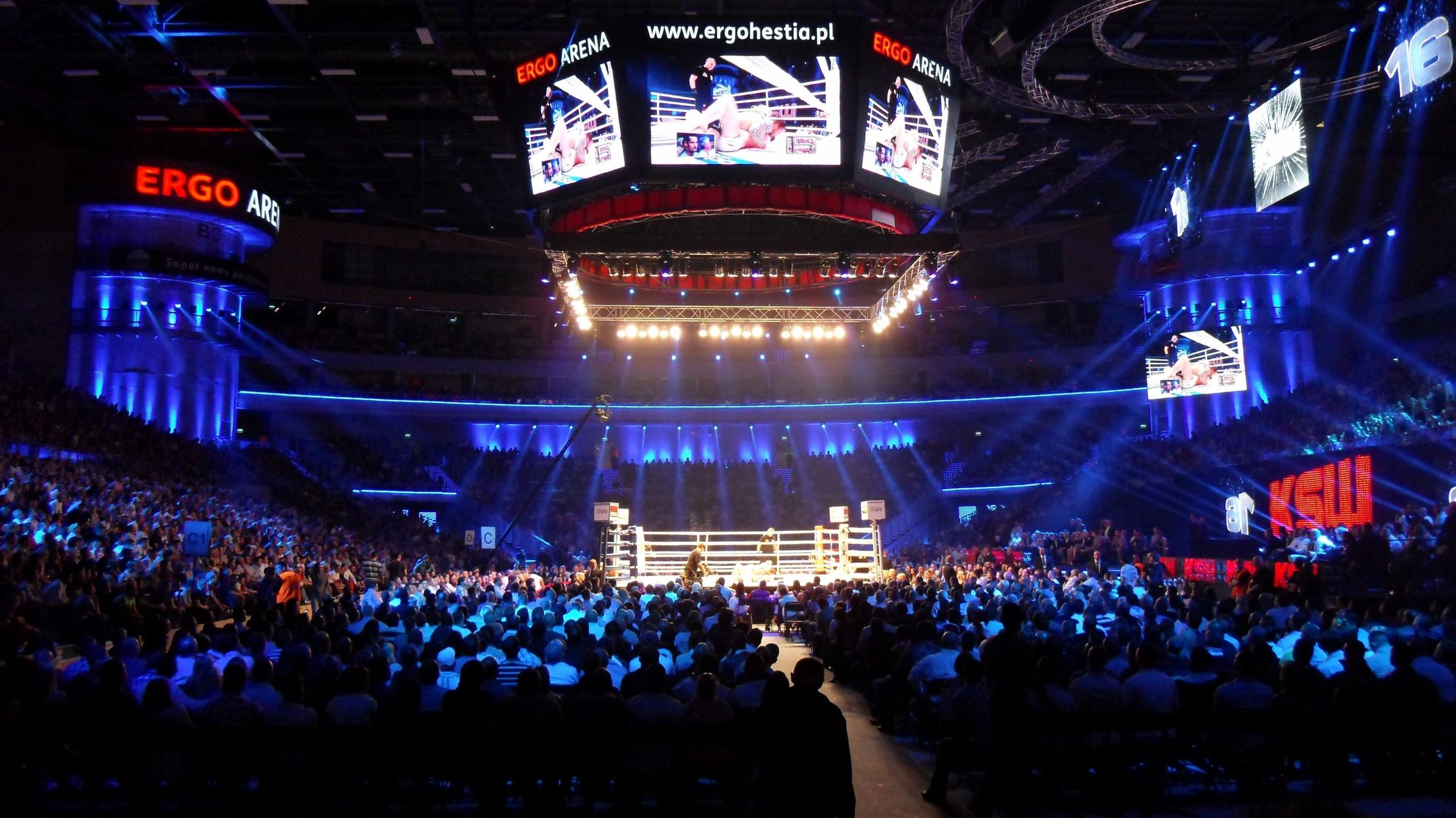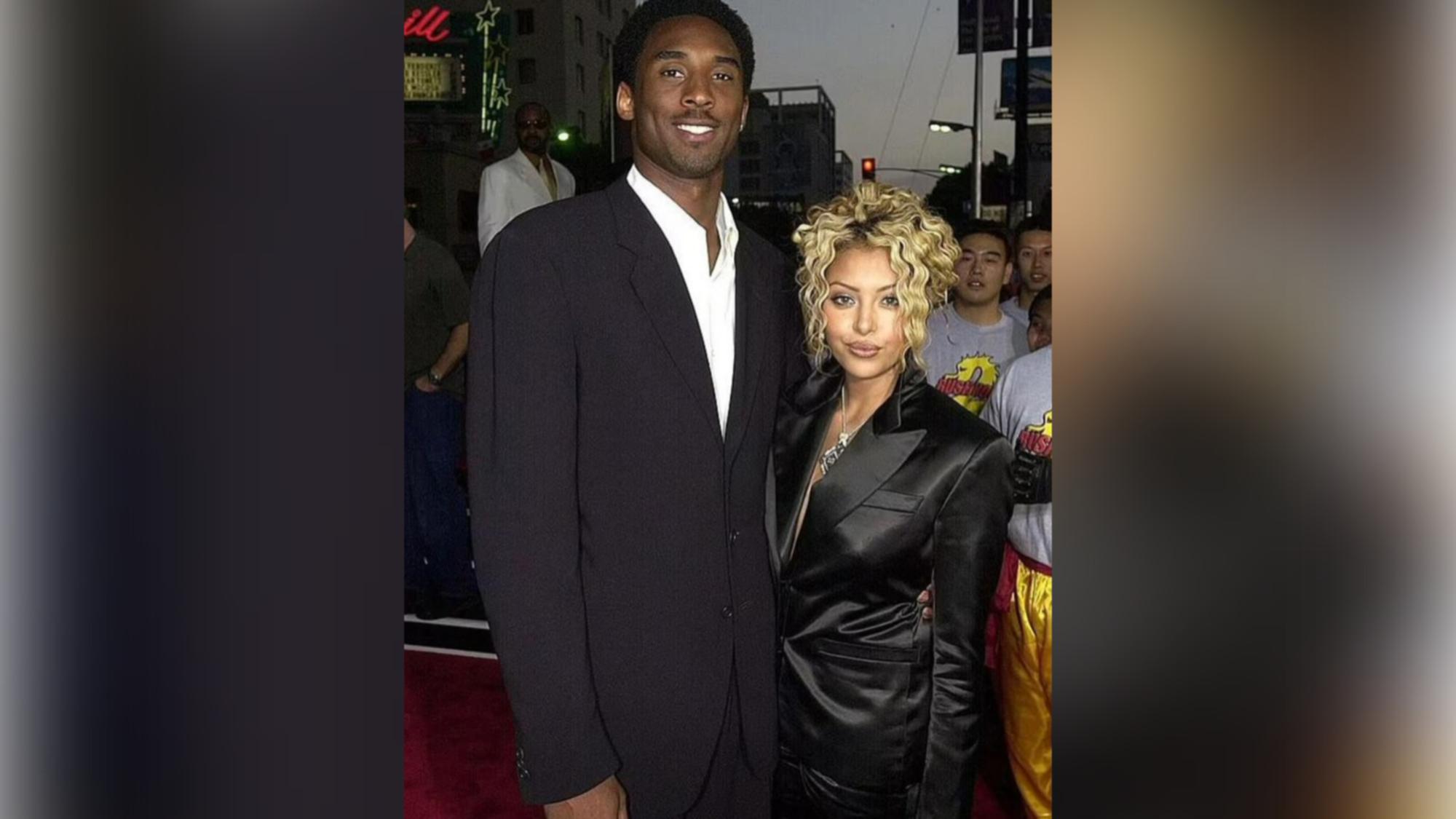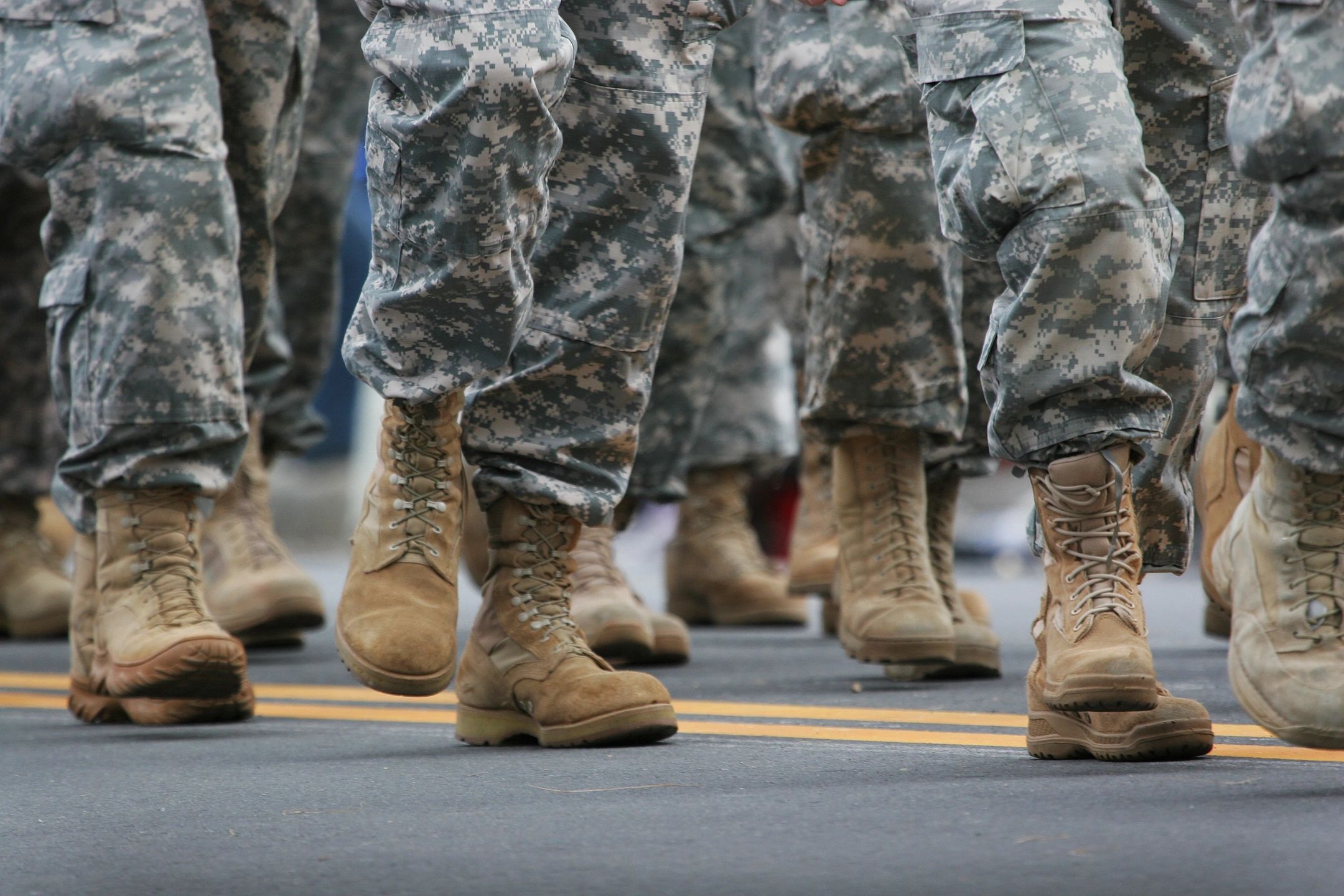Before Memorial Day became a national holiday anchored in parades and retail sales, it was a radical act of remembrance by newly freed African Americans in Charleston, South Carolina. In May 1865—just weeks after the Civil War ended—Black residents, many of them formerly enslaved, organized a tribute to honor Union soldiers who died fighting for their freedom. At a racetrack-turned-prison camp where hundreds of soldiers were buried in a mass grave, these citizens exhumed the bodies, gave them proper burials, and built a cemetery with a simple inscription: “Martyrs of the Race Course.”
What followed was nothing short of historic. More than 10,000 people—including Black schoolchildren, local clergy, Union soldiers, and citizens—marched in a procession of gratitude and mourning. They sang hymns, laid flowers, and commemorated the sacrifices that shaped the promise of emancipation.
This event, described by historians like Yale’s David Blight, is widely considered one of the earliest Memorial Day observances. Yet, for over a century, its Black origins were omitted from mainstream narratives—pushed aside by the politics of memory and race.
The Charleston ceremony was more than a eulogy—it was a declaration of Black agency in the rebuilding of America. At a time when their freedom was still fragile, these citizens claimed public space, honored the dead with dignity, and demanded to be seen.
As we celebrate Memorial Day, this chapter deserves a rightful place in the American story. It reminds us that the act of remembering is political—and that African Americans have long led the way in honoring justice, sacrifice, and freedom.

